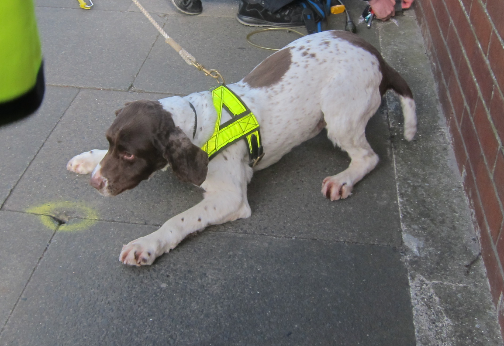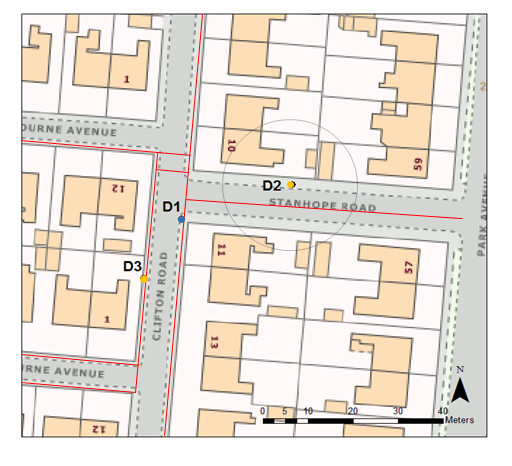
OECD iLibrary is the online library of the Organisation for Economic Cooperation and Development (OECD) it contains a vast collection of books, papers and statistics, some of which date back to the 1960s, it is the gateway to OECD’s analysis and data. OECD content covers over 100 countries.
Every year around 300 new titles are published, associated with the following themes:
- Agriculture & Food,
- Development,
- Economics,
- Education,
- Employment,
- Energy
- Environment
- Finance and Investment
- Governance
- Industry and Services
- Nuclear Energy
- Science and Technology
- Social Issues / Migration / Health
- Taxation
- Trade
- Transport
- Urban, Rural and Regional Development
You can browse by theme, country, or choose the type of content you require (for example, books, papers, statistics). You can also carry out simple or advanced searches.
If you’re looking for Statistics and Indicators?
OECD iLibrary contains all of the publications and datasets released by International Energy Agency (IEA), Nuclear Energy Agency (NEA), OECD Development Centre, PISA (Programme for International Student Assessment), and International Transport Forum (ITF) since 1998 – present.
It presents all content so users can find and cite tables and databases as easily as articles or chapters in any available format: PDF, WEB, XLS, DATA, ePUB,READ.
For a quick introduction to OECD i Library, including how to search the database and how to use advanced features and find statistical information and indicators, take a look at the user guide.
You can find details on other sources of statistics on our Statistics Guide.





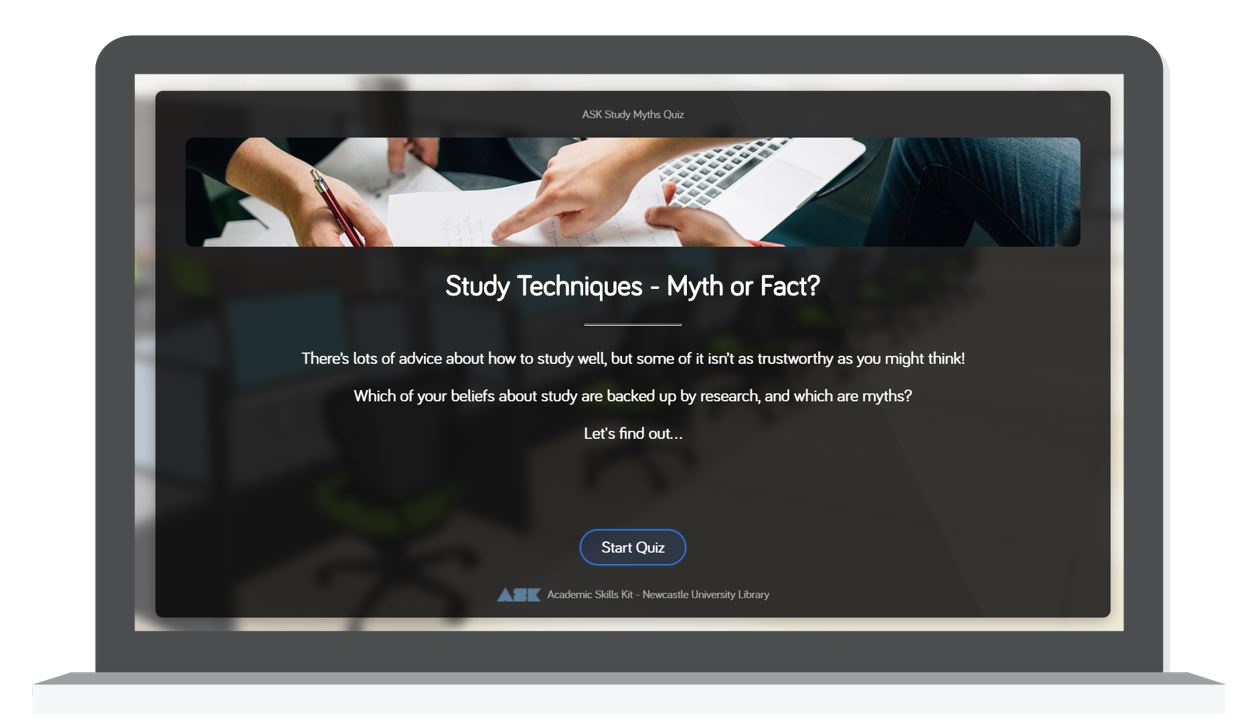
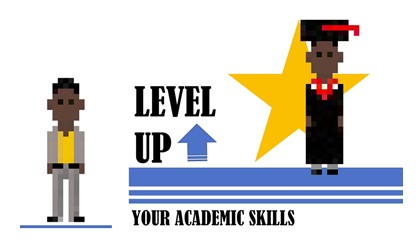
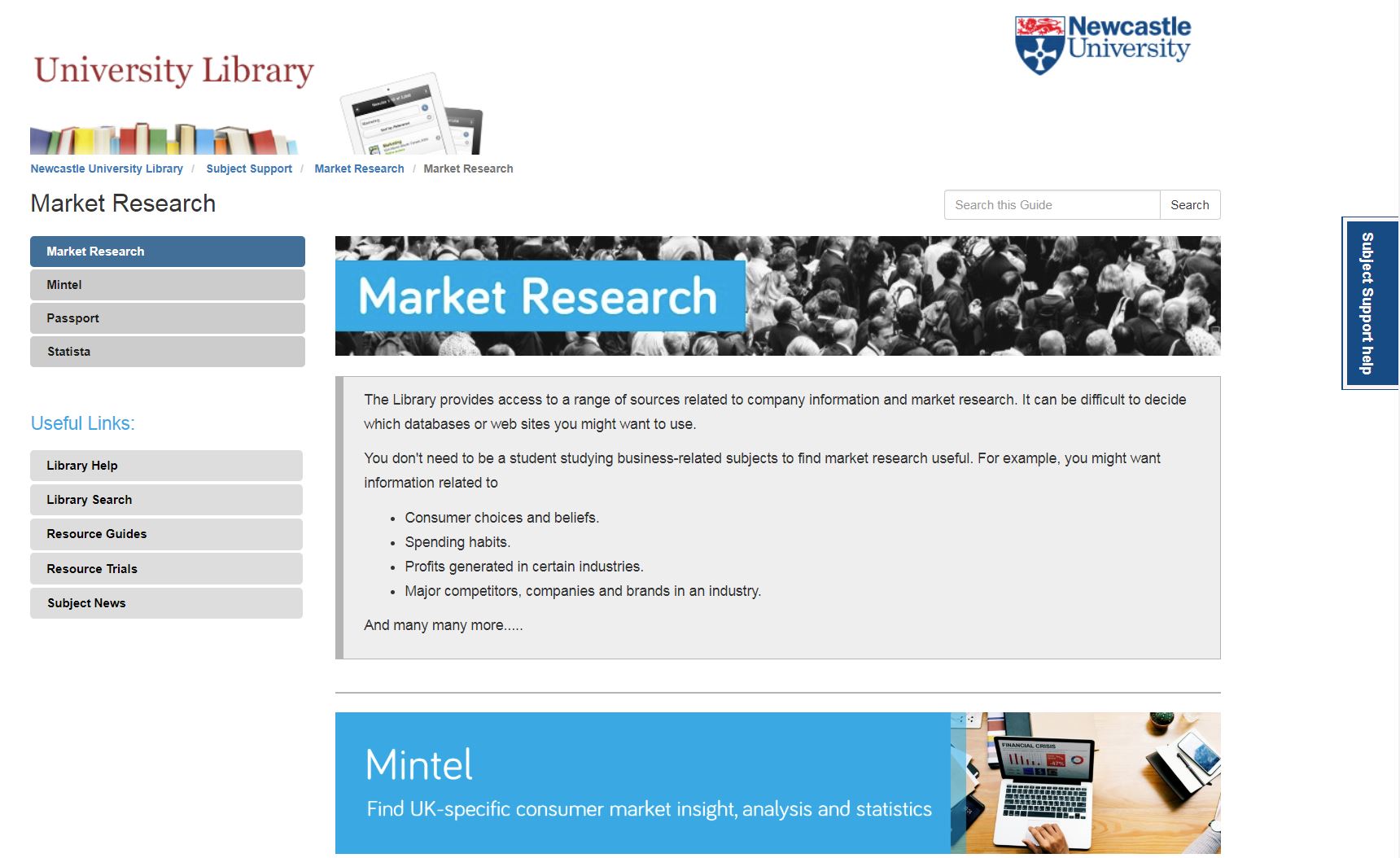

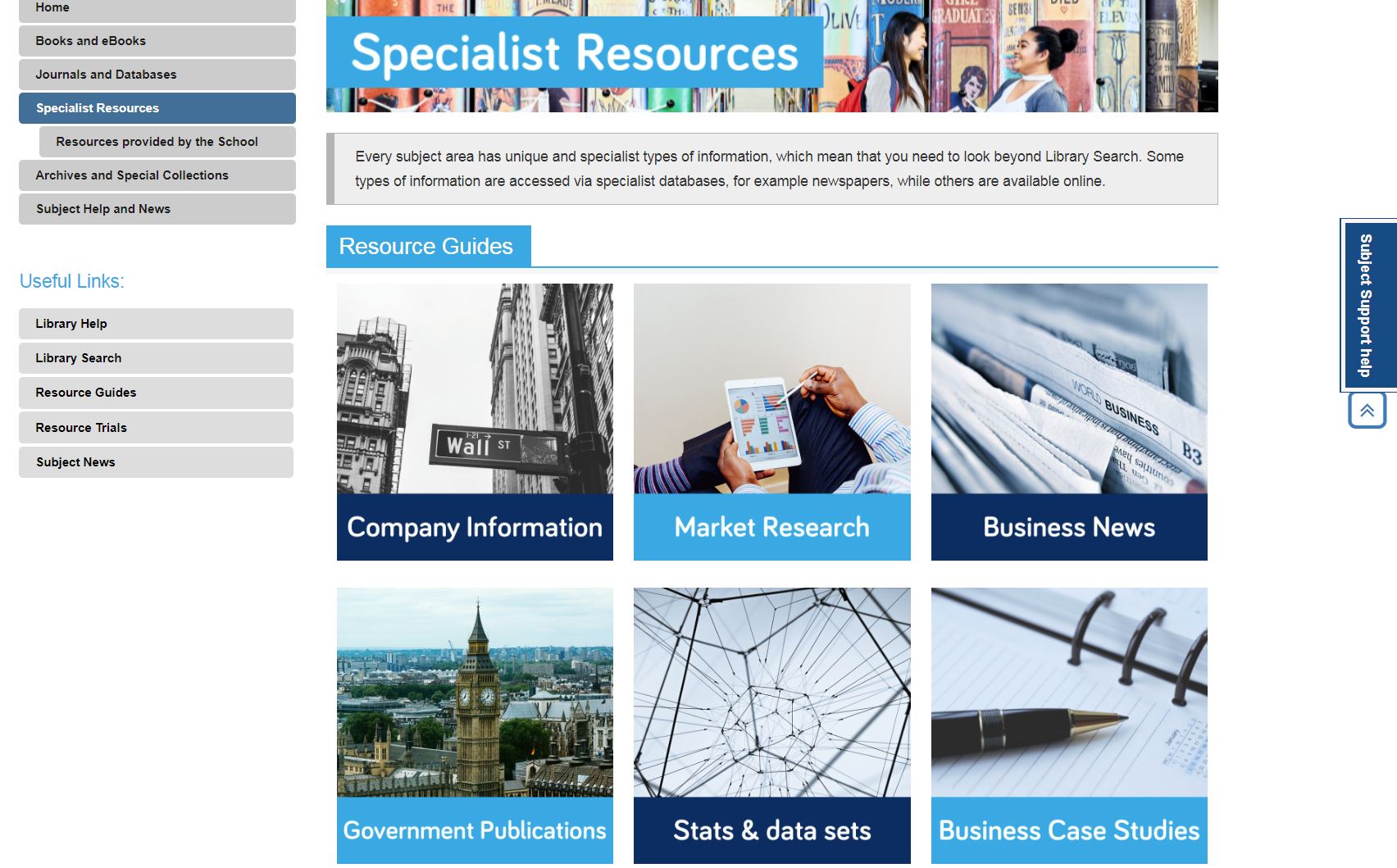


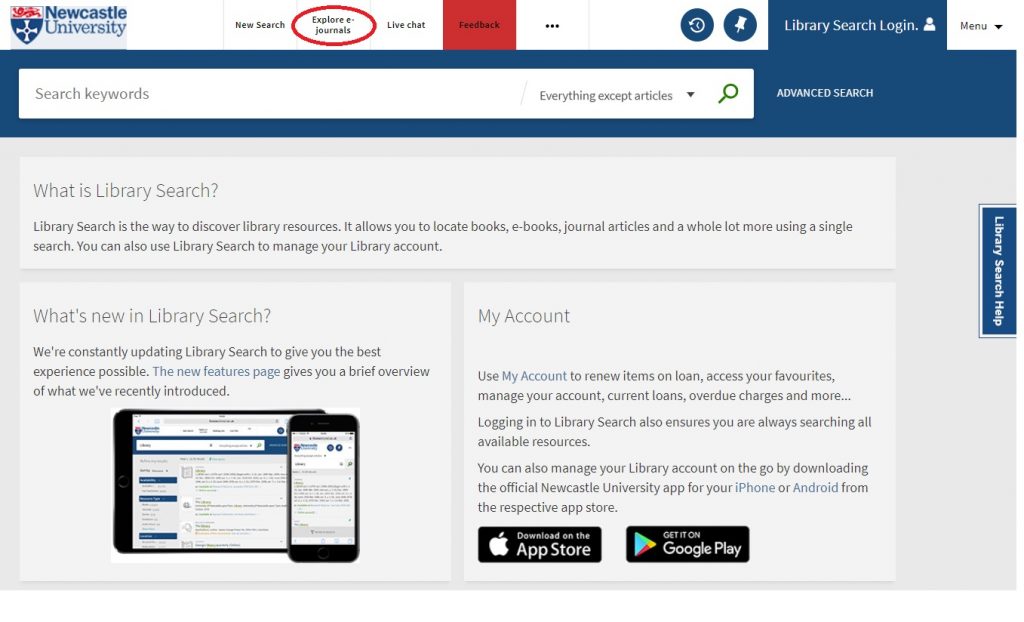
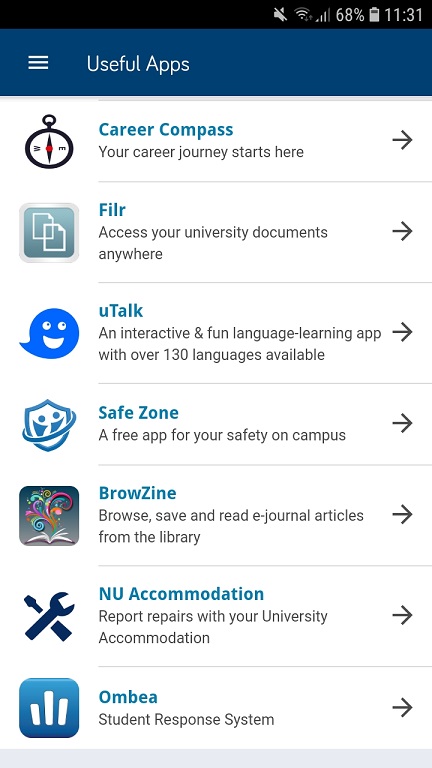
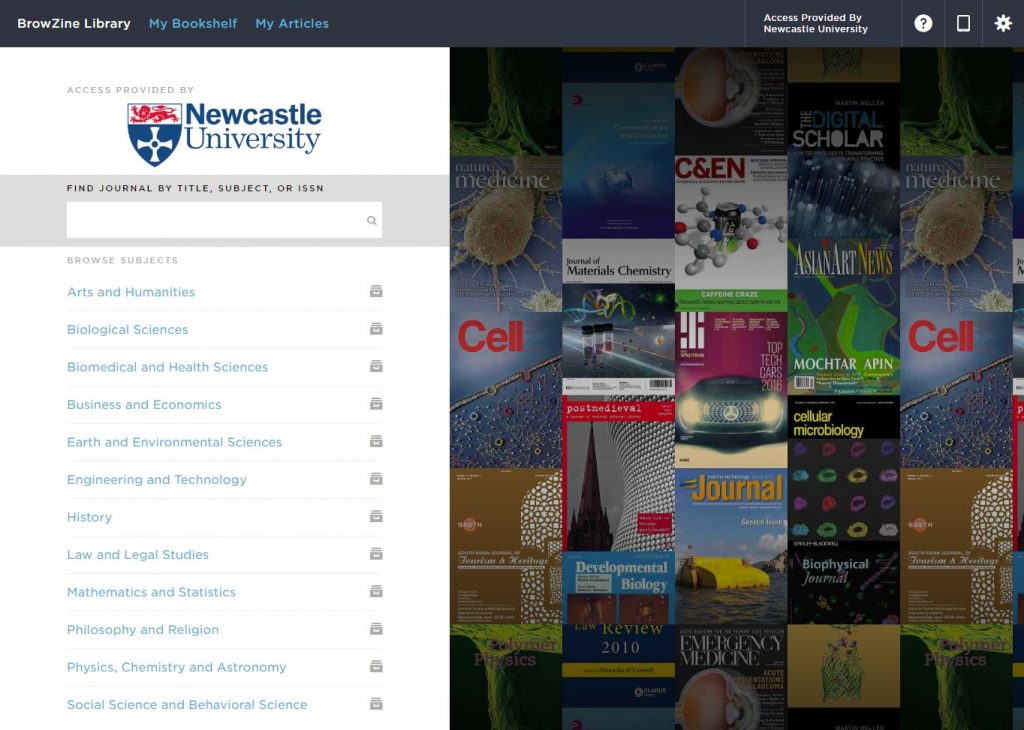
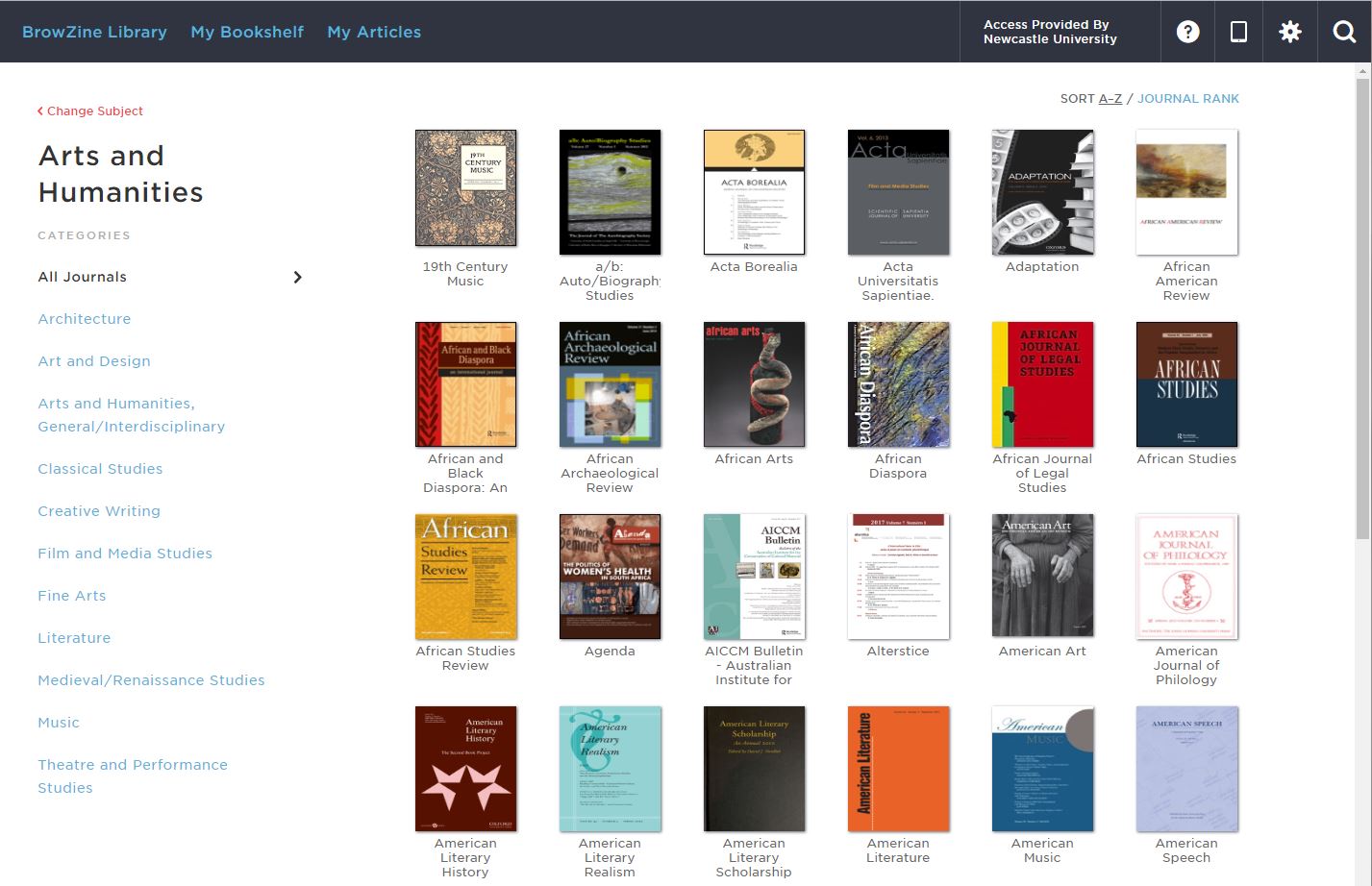 Get browsing!
Get browsing!